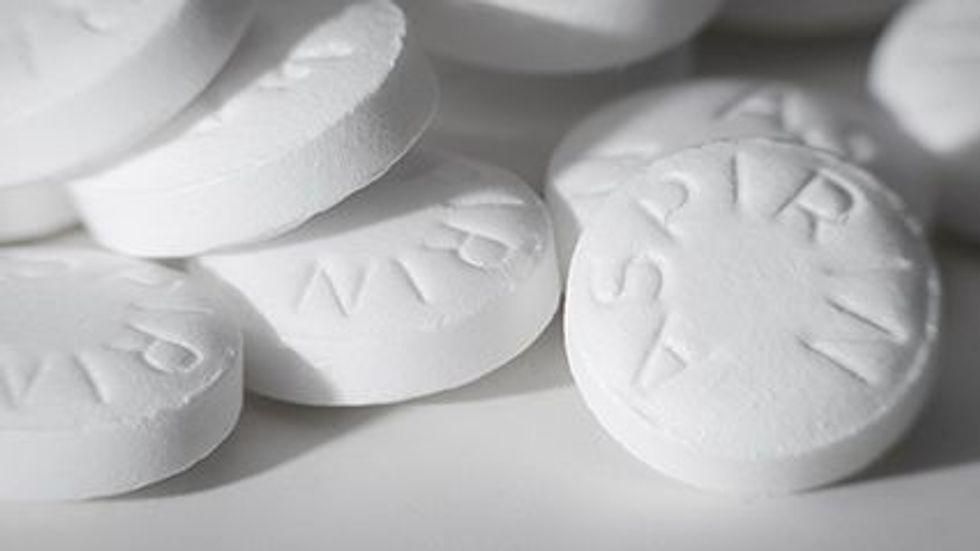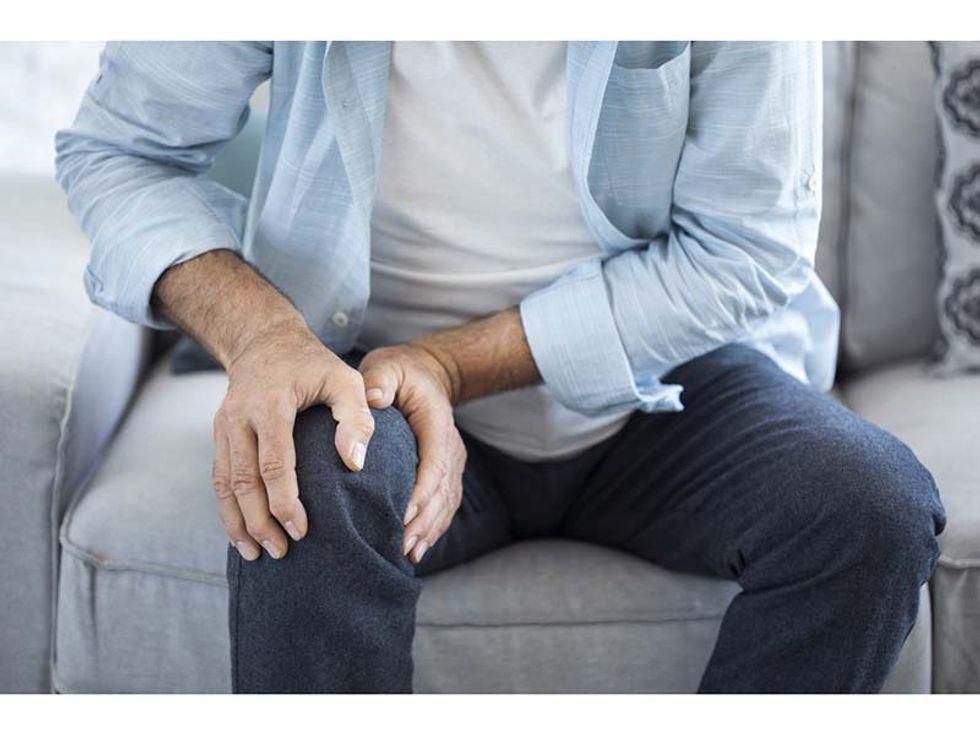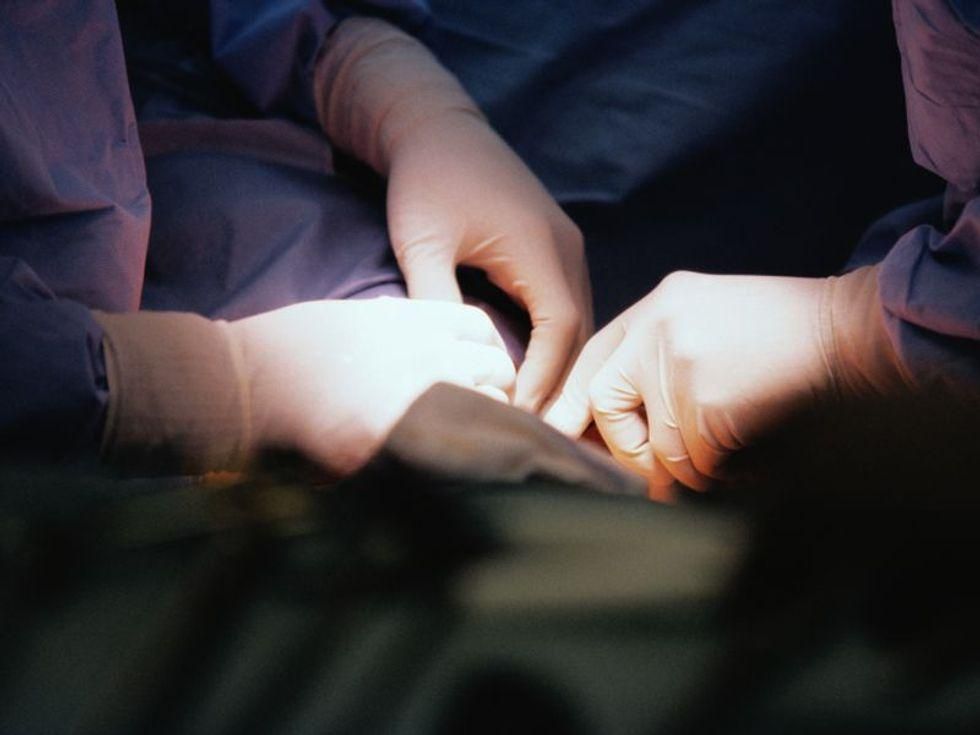
Older adults are more likely than younger ones to give to charity, but are more likely to support ones in their own country, an international study reveals. “As countries, including the U.K., are announcing cuts to foreign aid budgets, there will be an increasing reliance on global charities,” said senior author Patricia Lockwood, of the… read on > read on >


















